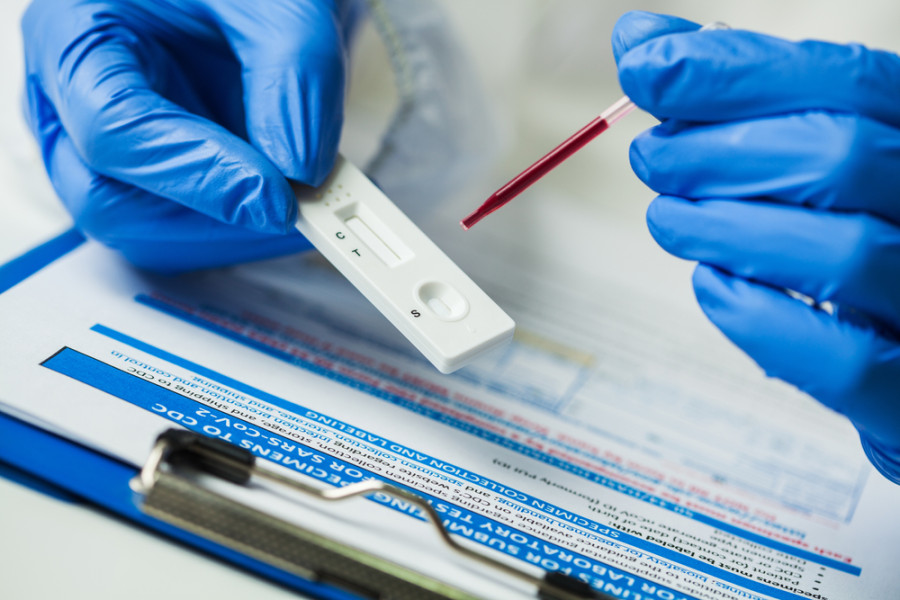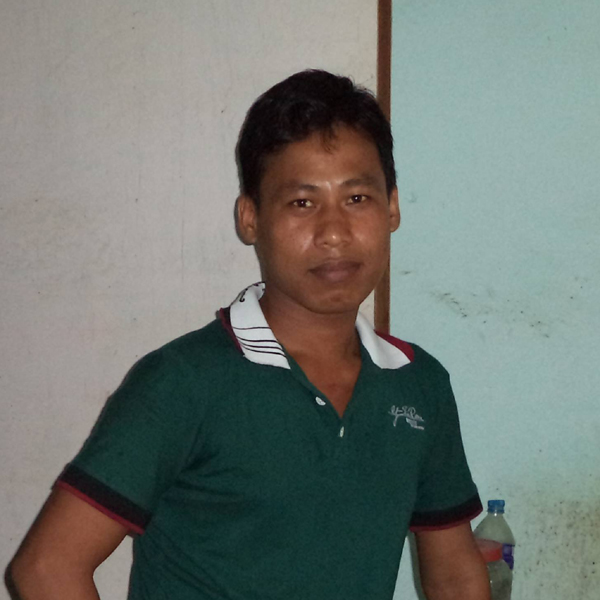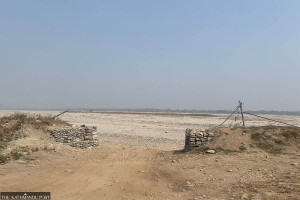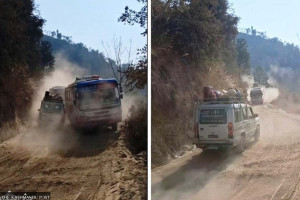Koshi Province
Bahradashi in Jhapa discontinues rapid diagnostic tests questioning its reliability
The local unit has decided to contact trace and expedite coronavirus testing among the local population through the Polymerase Chain Reaction method.
Arjun Rajbanshi
A local unit in Jhapa has decided to discontinue the use of rapid diagnostic test kits, citing unreliability in their results.
Bahradashi Rural Municipality took the decision after the coronavirus test of a 50-year-old man from Ward No. 4 done through the Polymerase Chain Reaction method came positive, contradicting two rapid diagnostic tests done earlier. The Health Ministry on Sunday confirmed the positive case of Covid-19 in the man.
“An all party meeting held on Monday has decided to conduct coronavirus tests through the Polymerase Chain Reaction method only” said Khadga Prasad Rajbanshi, the chairman of the local body.
The local unit has also decided to contact trace and expedite testing among the local population following reports of the positive case in the rural municipality. A joint health team from the District Health Office and the local body on Tuesday collected swabs of 62 people who reportedly came in contact with the Covid-19 infected man.
According to Samim Miya, chairman of Ward No. 4, health personnel collected the throat swabs of the man’s family members, neighbours, relatives and others who came in contact with him for laboratory tests.
“The swabs were collected for PCR tests. We will not be conducting rapid diagnostic tests now onwards,” he added.
Similarly, Damak Municipality has also prioritised testing through the Polymerase Chain Reaction method and has expedited contact tracing. The municipality intensified testing after the Health Ministry on Friday confirmed Covid-19 in a 62-year-old man from Damak Ward No. 3. The ward has been under lockdown since.
According to Jiban Chaulagain, the focal person at the District Health Office in Jhapa, as of Monday, the district has collected the swabs of 163 people from all 15 local bodies to be tested through the Polymerase Chain Reaction method.
Of the total swab samples, two came positive, 106 came negative while the results for 55 are awaited, according to Chaulagain.
According to him, 848 people have undergone rapid diagnostic tests in the district so far.




 9.83°C Kathmandu
9.83°C Kathmandu












